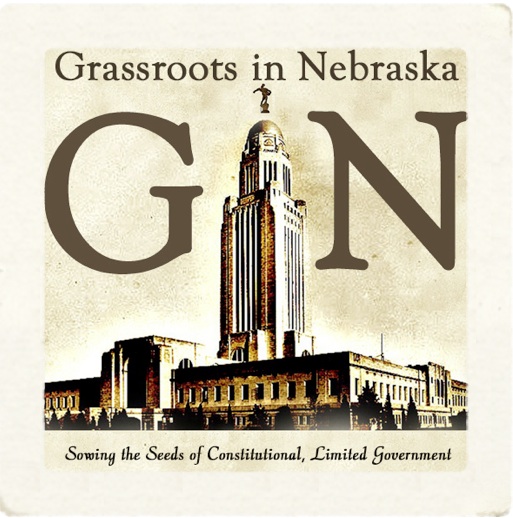In celebration of Presidents’ Day, here’s a quiz of sorts: If the colonies declared their independence from Britain in 1776, but George Washington did not become President until 1789, who governed the colonies in the interim? Many readers may know that the Articles of Confederation preceded our American Constitution, but the Articles weren’t even ratified until 1781. So, who kept things together between 1776 and 1781, during the early years of the Revolutionary War?
DID OUR COUNTRY HAVE A PRESIDENT BEFORE GEORGE WASHINGTON?

The answer is, no, not really. We didn’t have just one President during that time.
WE HAD FOURTEEN (14) OF THEM!
The following speech by Dr. George Grant begins with the statement, “I was robbed!” and continues from that observation to a discussion of all the things he did not learn throughout his years of formal schooling, including the fact that George Washington was not technically the first president of the United States.1 Along the way, Dr. Grant introduces the listener to the various men who served as President of the Continental Congress and, later, the Confederation Congress from 1774 until 1789.
Note: To listen to Dr. Grant’s speech, click the play button below. If for some reason the audio player is not visible, click here to listen / download from Grant’s website.
In a chapter of his recent book, Grant calls these men “The Forgotten Presidents,” and for good reason. Most of their names are unknown to modern Americans. That’s a shame because all of them were exceptional people who led exceptional lives. If you fail to follow the link to the audio file provided above, you’ll probably never know:
- Which President corresponded so frequently with others that he taught himself to write with both hands simultaneously . . . to two different people . . . about two different subjects . . . in two different languages2;
- Which President was captured by the British during the Revolution and held in the Tower of London, narrowly escaping execution by beheading on at least three different occasions3;
- Which President was referred to as “the father of his country” by George Washington4;
- Which President and former aide-de-camp to General George Washington accepted Washington’s sword when Washington resigned his commission as Commander and Chief of the Continental Army at the end of the Revolutionary War5;
And much more! For example, did you know that Vermont declared its independence from Britain in 1777 and adopted its own constitution, forming the Republic of Vermont, that existed from 1777 until 1791, when it was admitted to the union as the 14th state? Neither did I. Guess we really DON’T know much about history.
- There has been a great deal of controversy about whether the Presidents of the Continental and Confederation Congresses can actually be called Presidents of the United States. I do so here, not to add fuel to the fire of that controversy, but as a way of acknowledging the contribution of these men to our founding. I acknowledge that the Articles of Confederation did not create an independent executive branch within the federal government. Rather, committees of Congressmen were appointed and met to implement laws adopted by the Confederation Congress and to fulfill other responsibilities of the federal government. Clearly, the President of the Congress presided over meetings of the entire body, but reading about the activities of Henry Laurens when he served as President of Congress, for example, convinces me that the position of President probably carried greater responsibility than is apparent from the Articles. ↩
- Answer: Peyton Randolph, who is also technically the first President of the United States by virtue of his election as the President of the First Continental Congress in 1774. ↩
- Answer: Henry Laurens ↩
- Answer: Washington is said to have referred to Henry Laurens as “the father of his country” at a ceremony upon Laurens’ return from captivity in England ↩
- Answer: Thomas Mifflin ↩

You must be logged in to post a comment.